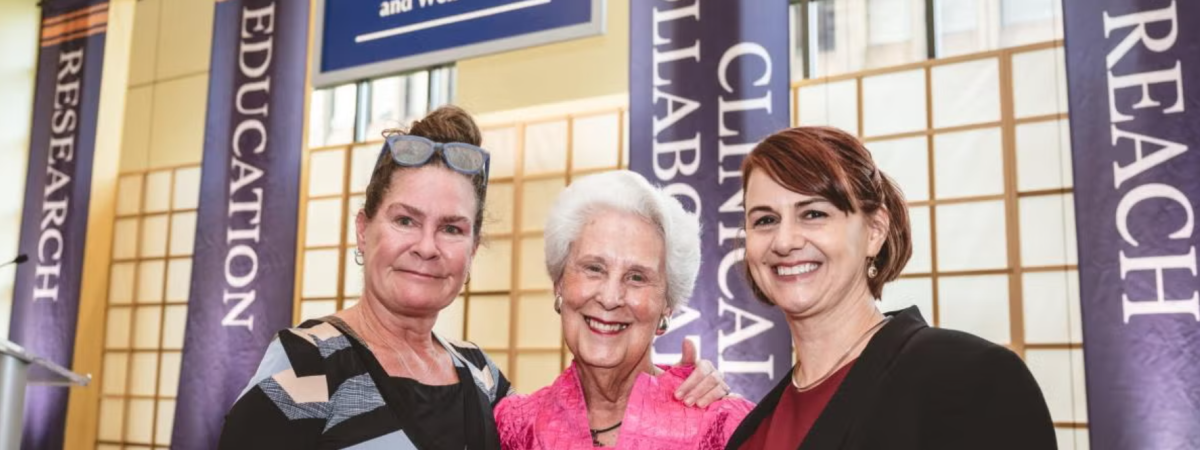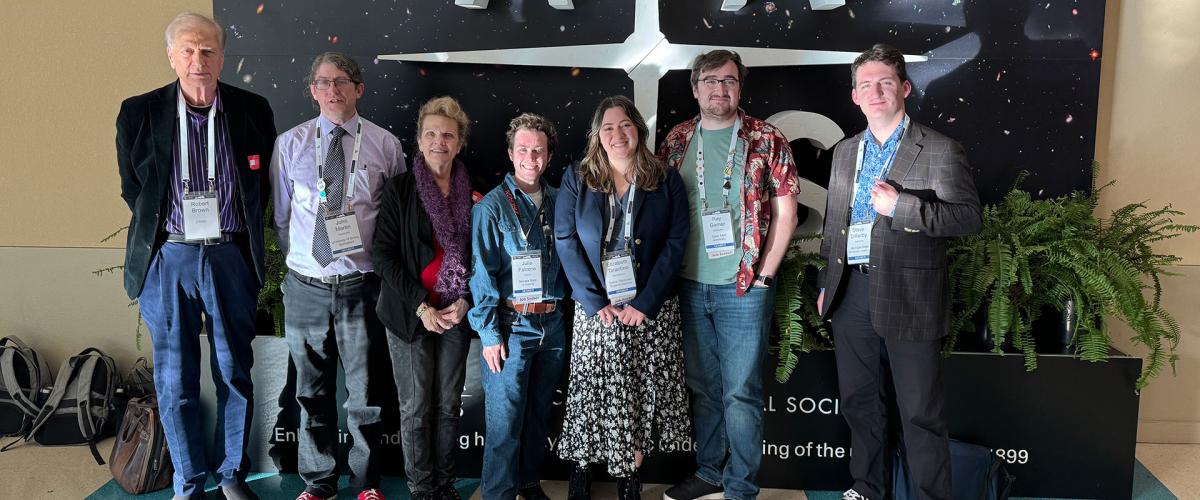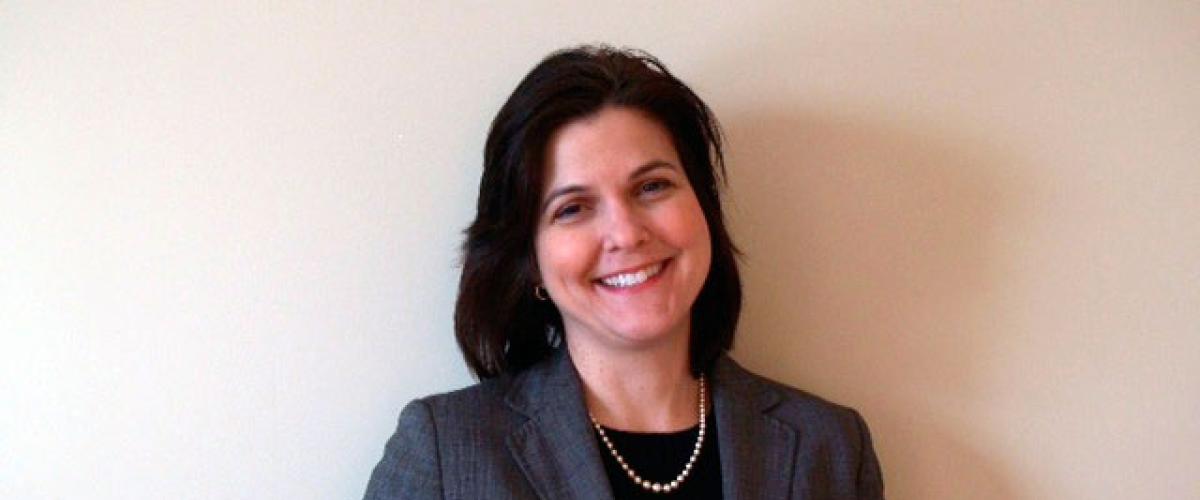
Norah Feeny named executive director, Moll Institute
As inaugural executive director of the Sara and Curt Moll Institute for Mental Health and Well-Being, Norah Feeny hopes to establish the institute as a world-class program to address the growing mental health crisis, particularly within and beyond Northeast Ohio.
Through innovative research, education, clinical collaboration and community outreach, the institute will provide resources for individuals living with mental illness, as well as those who care for and support them.
The institute will not only deal with major mental-health issues, but also provide a resource where education will help people in different phases of life—such as caring for those with dementia, teens with anxiety and dealing with traumatic events within a family.
Feeny’s pioneering work—including with military veterans—has spanned more than three decades in diverse settings, including sexual-assault programs, outpatient clinics, and refugee communities. A distinguished psychologist in the Department of Psychological Sciences, Feeny’s research evaluates treatments, examines predictors of treatment success and optimizes therapies for the local community in need. She has led large treatment trials addressing PTSD, depression and associated stress-related mental health problems.
The $60 million investment is being made possible through a commitment from the Molls and Case Western Reserve University. Dr. Sara Moll, who earned a doctorate in psychology at CWRU, is a triple alumna and university trustee.
“I so respect and admire Sara and Curt Moll for their vision of and dedication to improving mental healthcare in Northeast Ohio; it is inspiring,” Feeny said. “I am honored to serve as the institute’s inaugural executive director.”
Feeny took time to talk more about her role, interdisciplinary research and the institute’s role in the Cleveland community.
What interested you in the role of executive director for the Moll Institute?
I am passionate about wanting to help people access evidence-based mental healthcare. About 20 to 25% of people in the U.S. experience mental health difficulties that could benefit from treatment; these are our loved ones, friends, co-workers and neighbors.
Many people never get the treatment they need. The Moll Institute will begin to address this need in Northeast Ohio and beyond with the hiring of new clinical faculty, additional training opportunities for our clinical PhD students and the creation of community bridges and connections.
You bring a wealth of experience to your new role. Can you share how directing programs such as the PTSD Treatment and Research Program will help guide your approach to leading the Moll Institute?
I've been director of a large team of fantastic graduate students, multi-site grant-funded projects and a center focused on trauma and stressor-related mental health difficulties. These experiences will directly inform my collaborative approach to leading the Moll Institute. I enjoy building relationships and working with diverse teams to address complex mental health needs.
How will having appointments in both the College of Arts and Sciences and the School of Medicine benefit your approach with the Moll Institute? In the community?
My aim is to build bridges between departments, schools, institutions and the Greater Cleveland community. My time in the School of Medicine was formative, and the university and the Cleveland community are rich with people who care about—and have expertise in—mental and general health.
Since joining CWRU in 2000, what has been your most satisfying aspect of treatment advances for anxiety and mood disorders, particularly PTSD?
Along with my colleagues, students and partners, we have worked on optimizing treatments for stress-related mental health difficulties like PTSD and depression so that more people can benefit from evidence-based interventions. People often suffer for years before they are able to get treatment—or never receive treatment at all. My goal is to provide effective interventions for those in need as efficiently as possible.
You have a community-minded background. How do you hope to incorporate the institute with the community, Cleveland and otherwise?
Cleveland has been my home for the last 25 years. I love the city and the region. We are an area rich with academic and medical institutions and diverse communities and neighborhoods. I look forward to collaborating with colleagues across Case Western Reserve University, at our hospital affiliations and beyond.
I also look forward to partnering with community leaders and neighborhoods to better understand and address their mental health needs. My time as a mentor to East Cleveland High School students through the Provost Scholars Program, my children's public school education in Cleveland Heights and my work with Somali Muslims in Ohio and Africa are some of the experiences that have shaped my view and value of community.
From your perspective, are mental illness and affiliated conditions more prevalent today than 25 years ago, or is it that there are better diagnostic tools than in the past?
Yes, mental health difficulties across multiple indicators are more common now than they were 25 years or so ago. We see that with increased rates of depression and anxiety, suicide attempts, substance abuse and deaths of despair. That is, in part, due to better surveillance. We have better tools and more widespread screening. However, there is also a genuine increased need for mental health services for a variety of reasons, including the pandemic, rise of social media, extreme inequality and social fragmentation.




